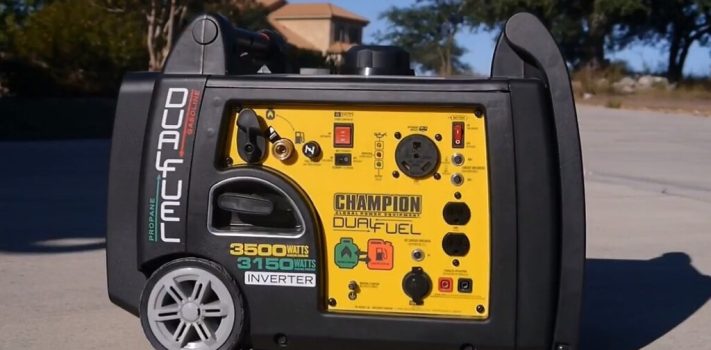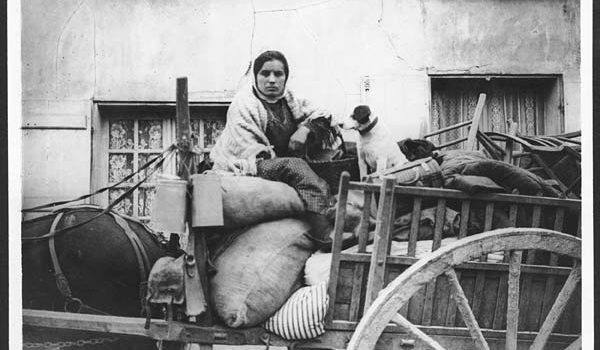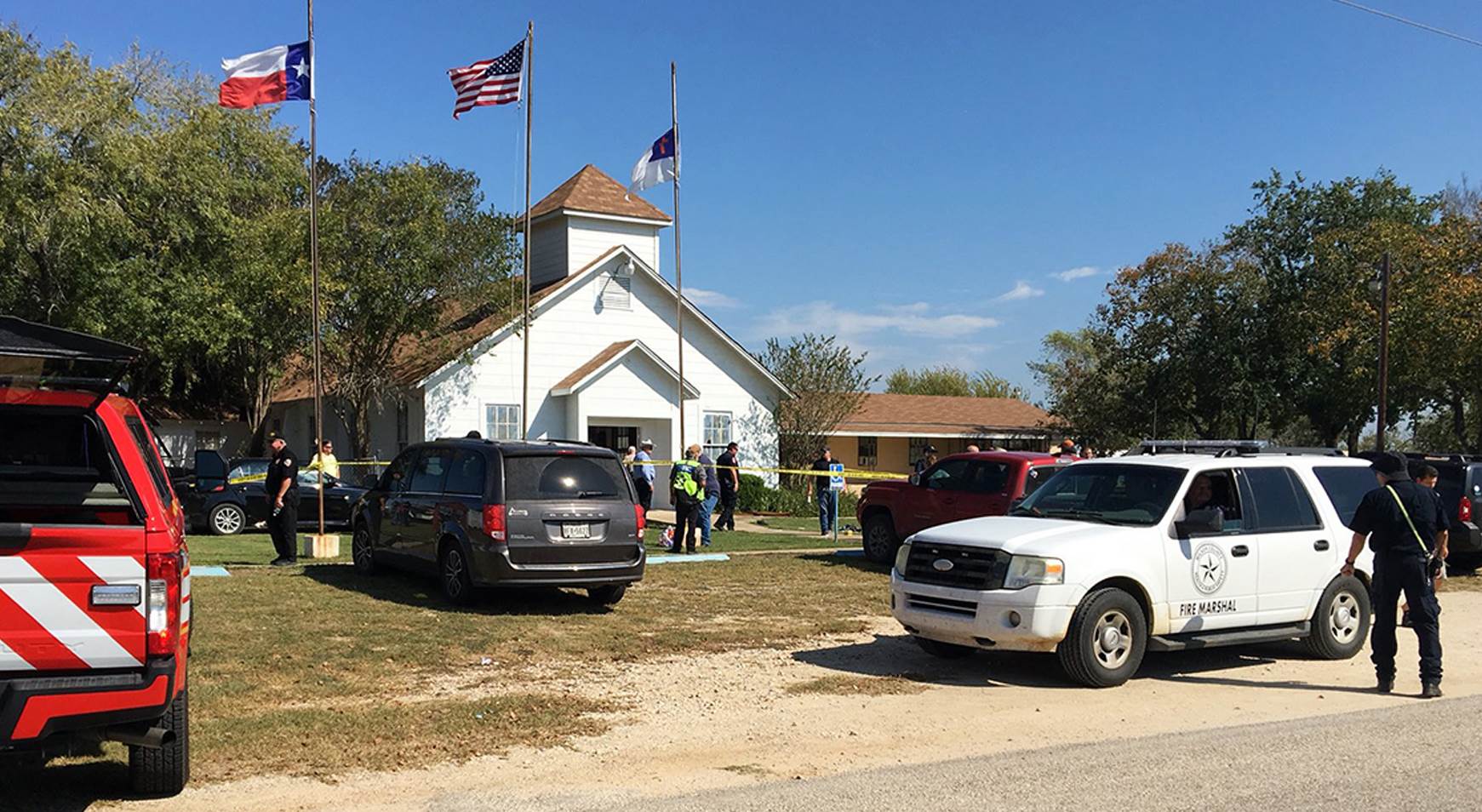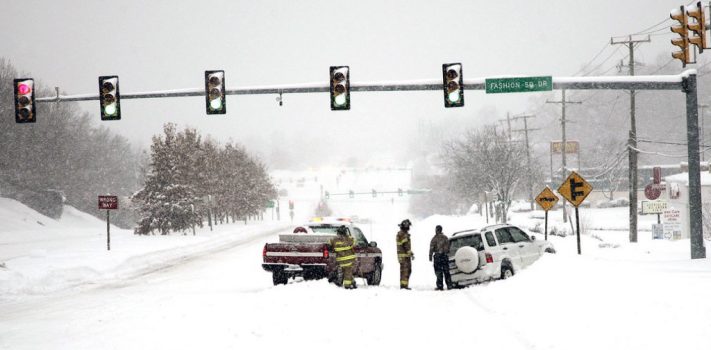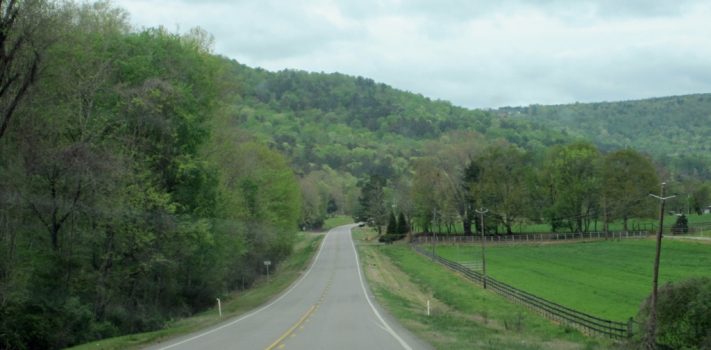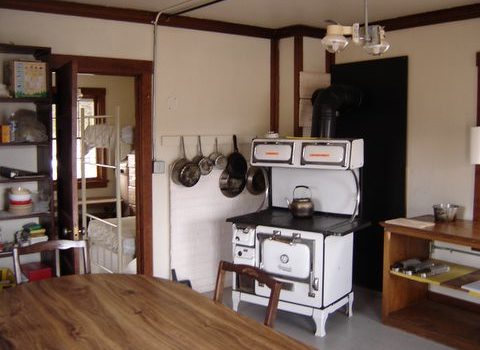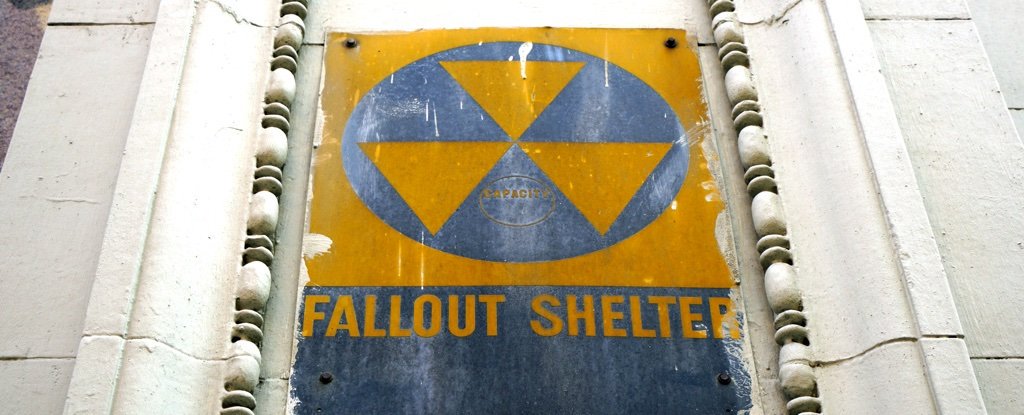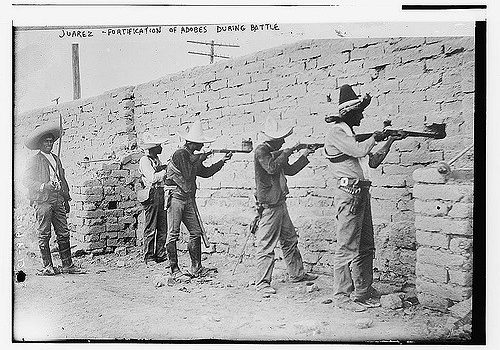A Recent Power Outage Experience – Part 1, by Big D.
INTRODUCTION I am writing this within a few days after a power outage on June 18, 2023, so that I will remember the details. I am a 74-year-old and somewhat handicapped grandpa who lives alone in the country. I still get around okay but a lot of physical effort wears me out rather quickly. Sometimes I think that I still have the physical capabilities of the athlete that I was as a younger man. Mentally, yes. Physically, not so much! I was awakened just after midnight on Sunday morning by the sounds of a storm with very high winds buffeting …

